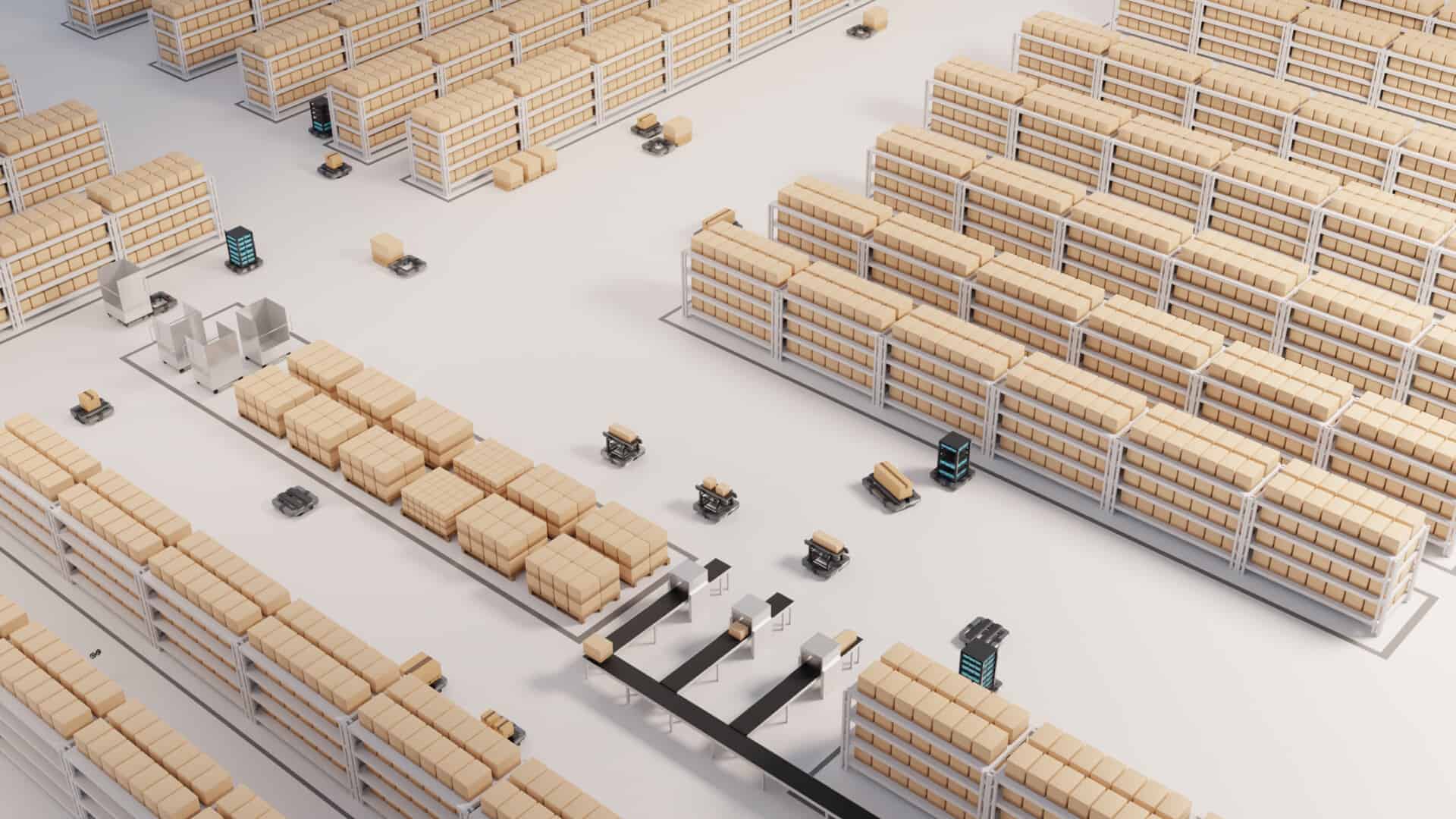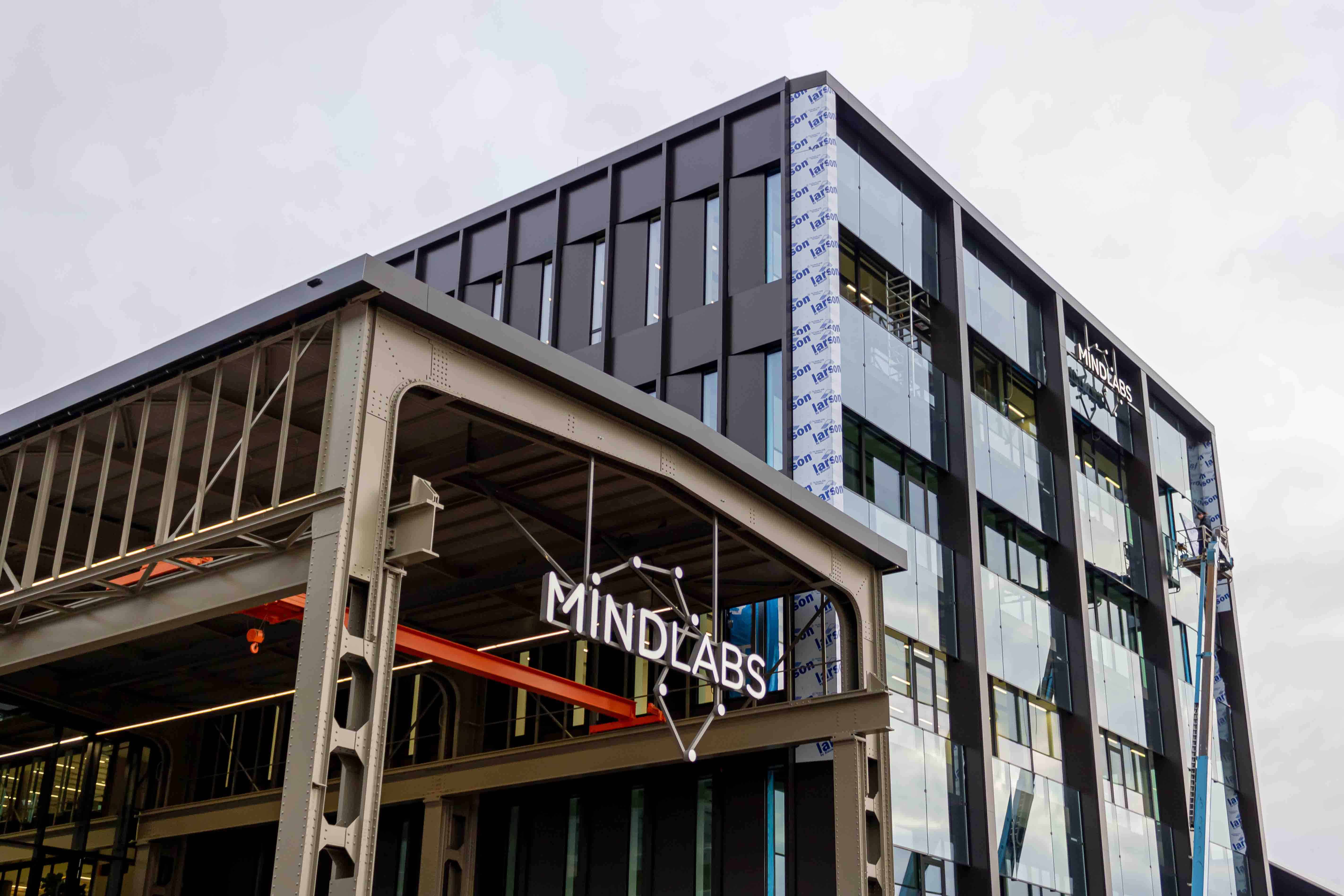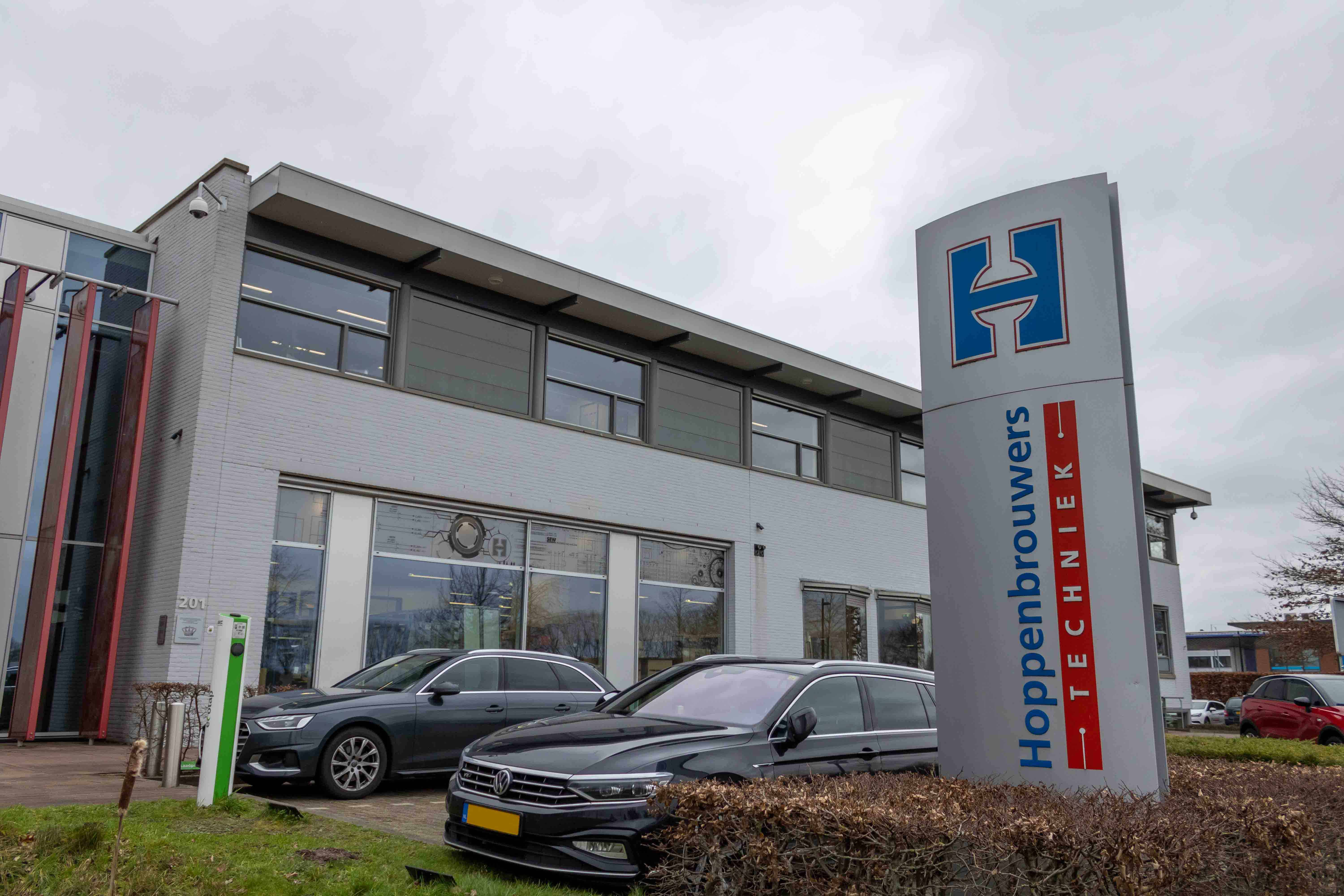
About Apeiron Smart Systems B.V.
- Founders: Khashayar Mansourizadeh, Maurits de Lint
- Founded in: 2021, Eindhoven, Netherlands
- Employees: 3
- Money raised: bootstrapping
- Ultimate goal: To implement swarm technology in the way robots work now.
The future of logistics, according to Apeiron Smart Systems B.V., rests with robots that work with each other. Founder Khashayar Mansourizadeh talks about this in this instalment of Start-up of the day.
What does Apeiron do exactly?
“Apeiron creates small robots that can connect to each other and disconnect from each other depending on the task they need to carry out. You can compare it to trains, where carriages are uncoupled or coupled depending on the amount of people or goods that need to be transported. In e-commerce, warehouses are full of goods of varying sizes and weights. Transporting a large package may be impossible for one robot, but it can be handled by multiple robots connected to each other. Our first prototype, the Apeibot-1, is fifty centimeters long, fifty centimeters wide, and twenty-five centimeters high. Although the software is still under development, the hardware is designed to work in a ‘team’ with other robots in order to make logistical work more efficient.”
Also interesting: Smart robot learns how to process orders even faster
What kind of problems do your robots solve?
“Currently, robots are too often designed specifically for one particular task or one particular product. Also, designs of bots are often extremely complex. We want to address this by enabling very simple robots to work together in an intelligent way. A swarm of small, simple robots can accomplish much more than one expensive, complex machine.”
Where did this idea come from?
“The idea stems from nature. One ant or one bee is very limited in its capabilities, but when ant colonies or bee swarms join forces, they are able to build complex structures and perform intricate tasks. By following simple rules collectively, they rise far above their individual abilities. That principle inspired us to start making adaptive, collaborative robots. That’s why we call it swarm technology.”
What challenges are you running into?
“At the moment, it still seems difficult to find a good entry point into the market. In our experience, logistics companies are reluctant to modernize, preferring to stick to traditional ways of working; no matter how promising certain technology may be. The fact that we are a start-up and not a renowned multinational also adds to this problem. As a result, we have not been able to find a suitable partner for our tests yet.”
What are your plans for the future?
“We should have the research and development cycle of our swarm technology finally completed by mid-2023. Given this long-term vision, we hope to be able to attract our first customers next year so that we can run pilot tests. Ultimately, we hope that we can also be of value outside of logistics. Our bots could also be a great help in the construction industry, for example.”








